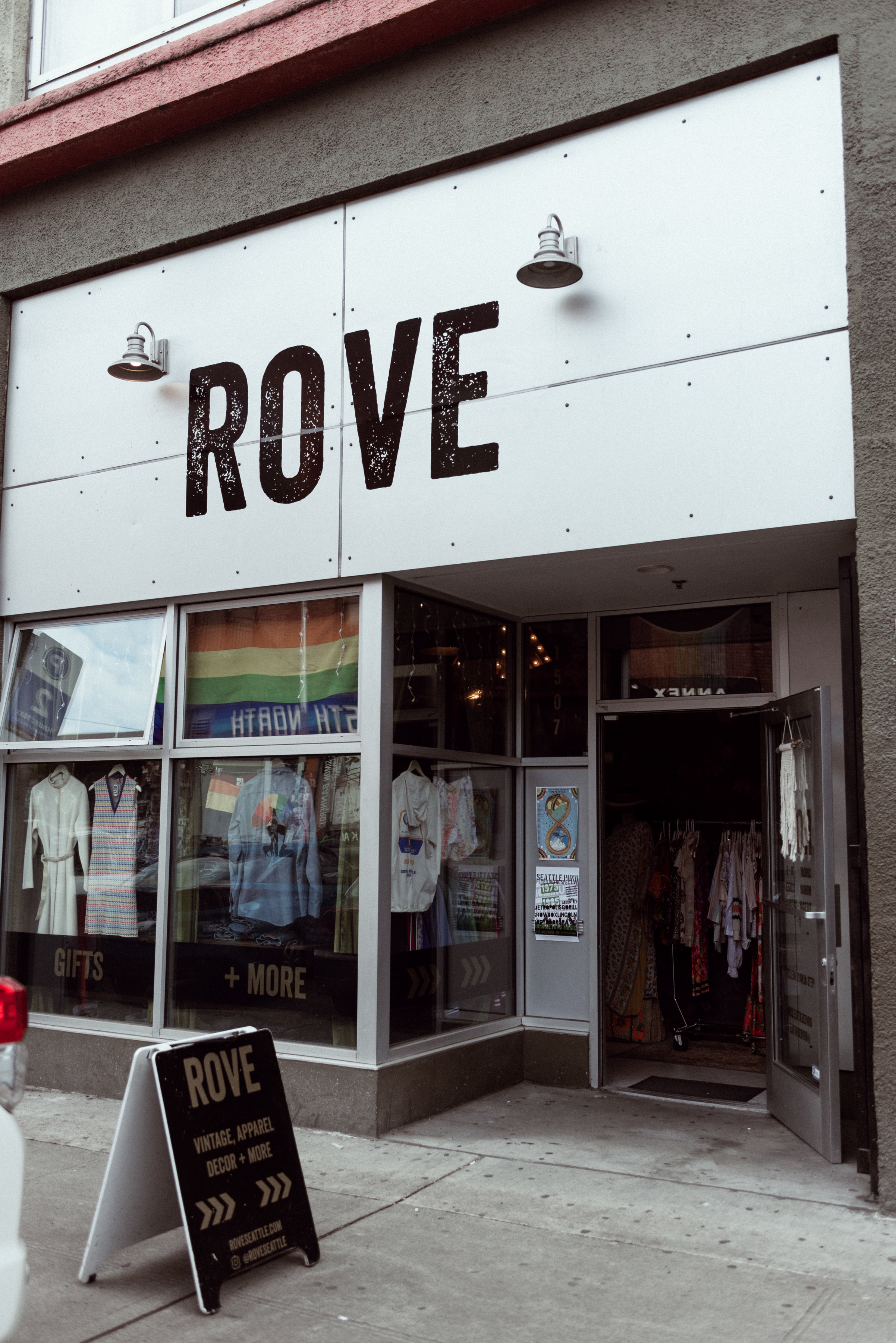Images by Brooke Richardson Photography
“I am not a product of my environment. I am a product of my decisions.”
Growing up, whenever I had a tough decision to make, I’d phone a friend: aka my sister, the bossiest person I knew. Sometimes the decision was as major as “Should I take this opportunity?” or as minor as “Should I buy these shoes?”
“Be decisive. Right or wrong, make a decision. The road is paved with flat squirrels who couldn’t make a decision.”
I always felt overwhelmed by possibilities and potential avenues to pursue. I guess it’s the analyst in me. ;)
Lately, I’ve really committed to being more decisive. I believe decisiveness is a muscle and can be developed. Right or wrong, I try to decide as quickly, firmly, and resolutely as possible. I commit to my decision and stand by it. Not to say that I’m always locked into that particular decision. You can often reassess later and adjust accordingly, if need be. But I try to avoid vacillating as much as possible. I make a decision, and I stand by it.
“The risk of a wrong decision is preferable to the terror of indecision.”
It’s a balance, that’s for sure. You want to gather sufficient relevant information, without drowning in it (which can be easy to do!). Sometimes, ya gotta just call it quits on the intel gathering and go with what you have. Halt the overthinking and just D E C I D E.
They say since our decisiveness is a finite resource, routine is key to reducing the amount of decisions we have to make daily. This is why ya boy Mark Zuckerberg, founder of Facebook, wears the same thing every day. I respect his level of devotion to decisiveness preservation…I’m a little too attached to personal expression through style so…I’mma stick with my varied wardrobe!
I’m currently reading a fantastic book called Essentialism by Greg McKeown (highly recommend!). In the book, McKeown references a decision-making principle presented by TED speaker Derek Sivers in his talk “No More Yes. It’s Either HELL YEAH! Or No.” It’s a simple technique for becoming more selective in making our choices.
The key is to put the decision to an extreme test: if we feel totally convinced to do something, we say yes. Anything less gets a hard pass. In other words, if the answer isn’t a definite yes, it should be a no.
Consider applying this to shopping for clothes. What if we just used the broad criterion, “There’s a chance I will wear this someday.” HELLO cluttered closet. If we ask, “Do I absolutely LOVE this?” then we can save ourselves money and closet space by reserving room for something we truly dig. We can subject all of our decisions to this test - big or small, significant or trivial - in every area of our lives.
Imagine it is a 90 Percent Rule, which is something you can apply to almost every decision or dilemma. As you assess an option, think about the single most important criterion for that decision. Then, simply rate the option between 0 and 100. If you score it any lower than 90 percent, boom - automatically change the rating to 0 and toss that bad boy.
This way, you avoid getting tangled up in indecision, or WORSE - getting stuck with suboptimal options. Like McKeown asserts, think about how you’d feel if you scored 65 on a test. Why would you deliberately choose to feel that way about an important decision in your life?
I get that sometimes you gotta pick the lesser of two evils, or the least bad of two bad options. Sometimes you don’t have the luxury of just abstaining. And sometimes it can be terrifying to think of passing up an option on the mere hope something ideal will come along later. Risky business, I know.
The bottom line to remember here is: when our selection criteria are too broad, we will likely commit to too many options. Furthermore, assigning simple numerical values to our options forces us to make decisions consciously, logically, and rationally, rather than impulsively or emotionally. It takes discipline, but usually has a high reward.
So fight that feeling of FOMO (fear of missing out) when deciding what opportunities to chase. Let’s say you receive an unexpected job offer, or an easy project outside the realm of your normal range, or a vacation opportunity in a less-than-ideal location. What should you do?
As McKeown advises, if we just say yes because it is an easy reward, we chance having to say no later to a more meaningful one.
McKeown suggests a simple, systematic process to help you decide:
Write down the opportunity
Write down a list of three “minimum criteria” the options must pass to be considered
Write down a list of three ideal or “extreme criteria” the options must pass to be considered
If the opportunity doesn’t pass the first set of criteria, it’s obvi a no go. If it also doesn’t pass two of your three extreme criteria, it’s a no.
Building off of the clothing analogy, let’s say you’re purging your closet. You ask yourself: “If I didn’t already own this, how much would I spend to buy it?” Likewise, in your life, the powerful question when asking yourself what activities to eliminate is: “If I didn’t have this opportunity, what would I be willing to do to acquire it?” This can be applied to your personal life, your professional life, your kids’ lives (when determining just how many extracurriculars you’re going to shuttle them to and from).
Upon sufficiently exploring your options, the question isn’t “What should I say yes to?” Instead, ask, “What will I say no to?” This question will uncover your true priorities.
And when you don’t know what you want, flip a coin! When that coin is in the air, you’ll suddenly know for what you’re truly wishing.
xx,
-w-

































